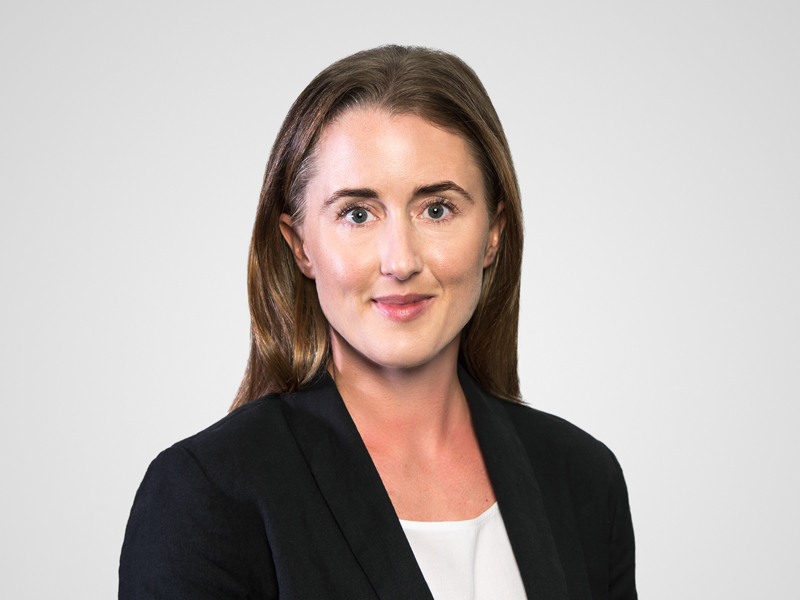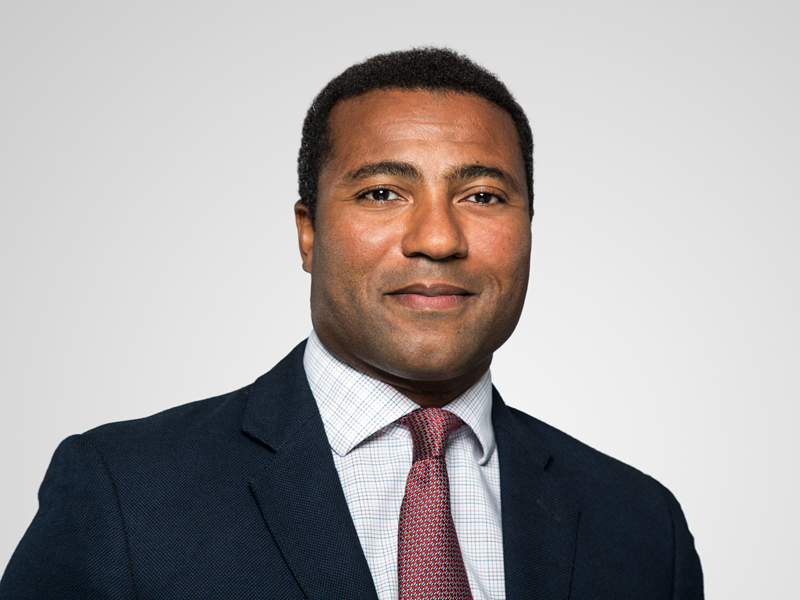UK Supreme Court brings the distorted principle of “reflective loss” back into focus

In Marex, the plaintiff, Marex, obtained judgment against two companies owned and controlled by the defendant Mr Sevilleja, who then allegedly transferred the companies’ assets to his personal control in order to defeat satisfaction of Marex’s judgment. Marex sued Mr Sevilleja, who resisted the claim on the basis that it was barred by the reflective loss principle set out by the 1982 decision of the English Court of Appeal in Prudential Assurance Co Ltd v Newman Industries Ltd.
In Prudential, the Court of Appeal held that the minority shareholder plaintiff could not bring a claim against the company’s directors in respect of the diminution of the value of its shareholding which was merely the result of a loss suffered by the company caused by the director defendants. The proper claimant who suffered the loss was the company, and the loss suffered by the shareholders simply reflected the company’s loss.
The reasoning in Prudential was expanded on a piecemeal basis in a series of subsequent decisions. The inconsistent judicial explanations of the rationale behind the principle gave it an apparent malleability. In particular, the explanation that the principle was intended to prevent double recovery of damages facilitated its application in a variety of circumstances outside of those considered in Prudential. This had created significant uncertainty in otherwise well settled areas of law.
The question in Marex was whether the principle could be extended even further from company/shareholder relationships to company/creditor relationships, such that Marex, a creditor, could not pursue Mr Sevilleja for the wrongs he allegedly committed against the companies that resulted in them being unable to satisfy the judgment that Marex had obtained, because this was loss in respect of which the company could sue.
The Supreme Court unanimously agreed that the "principle" in Prudential did not prevent Marex from pursuing Mr Sevilleja. The board was split as to its reasons. The majority held that reflective loss is a bright line rule of company law that applies only in the specific circumstances referred to in Prudential (and not to a company/creditor relationship), and that the subsequent line of cases by which the principle had been expanded were wrongly decided. The minority considered that the rationale of the principle was to avoid double recovery and expressed doubt as to the need for the “reflective loss” principle at all. The decision confirms the need to distinguish claims brought by a shareholder for diminution in share value as a consequence of loss sustained by the company (barred by the “reflective loss” principle) vs. claims brought by shareholder or creditor where the loss does not fall into that description (creditor claims are generally permissible and shareholder claims may be permissible subject to the need to avoid double recovery).
Harneys acted as experts on the laws of the British Virgin Islands for Mr Sevilleja in this matter.




